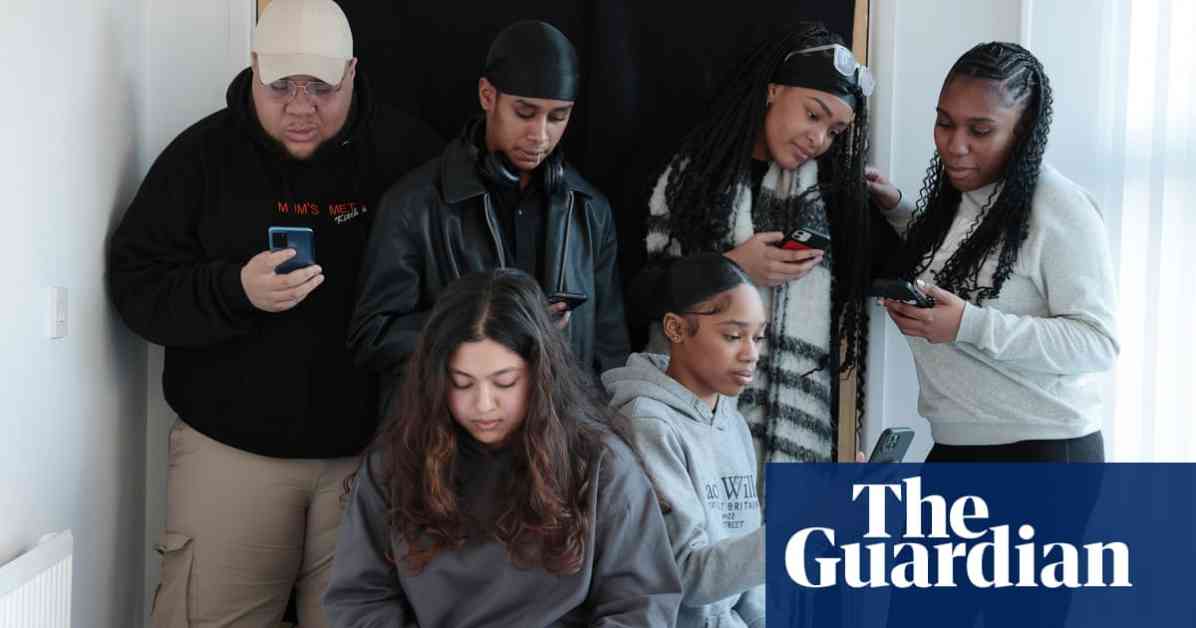Social media has become a platform where violent content is normalized and easily accessible. Young people like Rianna Montaque, Iniko St Clair-Hughes, and Jamil Charles are exposed to videos of fights, shootings, and other violent acts on a daily basis. This exposure has desensitized them to the point where seeing someone get stabbed or beaten no longer elicits the same level of shock or outrage.
Iniko St Clair-Hughes shared an example of how a video of a gang chasing down an enemy can quickly escalate into real-life violence. The need to maintain pride and reputation often leads individuals to seek revenge after such incidents are shared on social media. This cycle of violence perpetuates itself as more and more people get involved in these disputes fueled by online content.
The constant exposure to violent content on social media has created a sense of anxiety and hypervigilance among young people. They feel the need to always be on guard and ready to defend themselves, leading to a perpetual state of fight or flight. This heightened state of arousal can have serious consequences, as individuals may resort to violence as a means of self-defense or retaliation.
Reanna Reid shared that she knows people who have started carrying knives as a result of conflicts that originated on social media platforms like Snapchat. The normalization of violence and the glorification of weapon use have made it seem like carrying a weapon is the only way to protect oneself and maintain one’s pride.
When asked about potential solutions to this issue, the young adults interviewed expressed skepticism about the willingness of social media companies to make meaningful changes. Iniko St Clair-Hughes pointed out that social media platforms thrive on negativity and controversy, as they drive engagement and user retention. Changing the focus to more positive and educational content may not align with their profit-driven motives.
However, Oshaun Henry emphasized the importance of social media companies taking responsibility for the impact of their platforms on young people. He called on them to implement stricter limits and restrictions on violent content, using their advanced AI technology to filter out harmful material. By acknowledging the influence they have on shaping young minds, social media companies can play a vital role in promoting a safer and healthier online environment.
In conclusion, the normalization of violence on social media has far-reaching consequences on the mental health and behavior of young people. By recognizing the harmful effects of exposure to violent content and advocating for responsible practices by social media companies, we can work towards creating a more positive and supportive online community for future generations.
